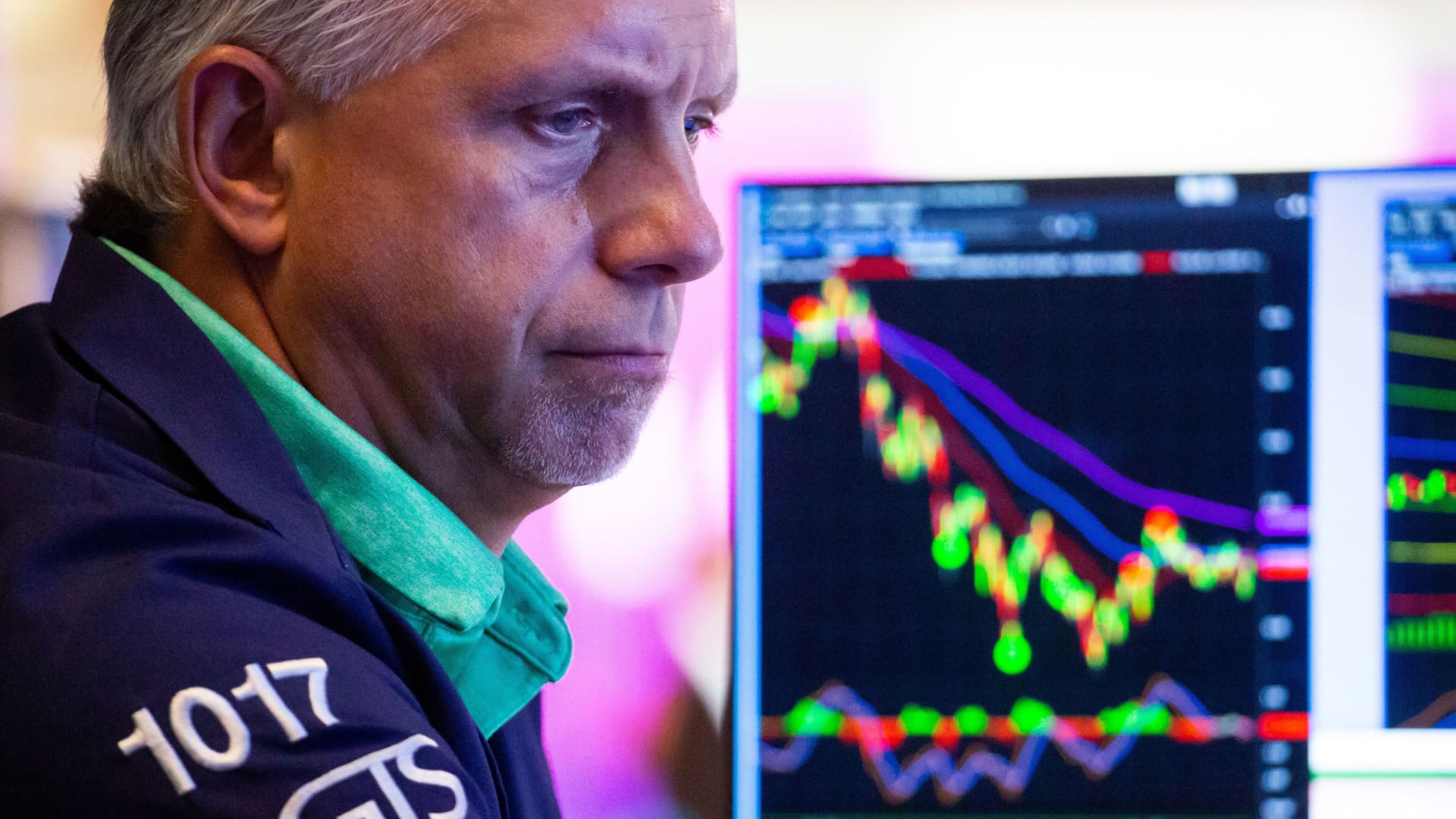
A brief summer rally had sparked optimism that the worst of the bear market was over, but a fourth losing week in five on Wall Street has highlighted just how volatile markets remain. Market watchers are now expecting rate hikes to be higher for longer on the back of a hotter-than-expected inflation report, while concerns have grown over the state of the economy amid a warning from FedEx about slowing global demand . Fund manager Cole Smead sees more pain ahead. He believes it is “still early” in the bear market, with further downside still to come. “We are not going to end up with a garden variety bear market. We probably got to do a pretty nasty 30% bear market or maybe even 35%,” Smead, who is president and portfolio manager at Smead Capital Management, told CNBC’s ” Squawk Box Europe ” on Thursday. ‘First world problems’ But Smead is not worried despite “a lot of negativity floating around.” He believes investors are overreacting to the current market conditions and the world is “more ready” than ever for these “first world problems.” “The reason why is that they are just different problems than we had in the past. Before, it was low growth — when are we going to get out of this? Are our rates ever going higher? Now we are freaking out about higher rates and high inflation because they are first world problems, problems we just have not had in a long time,” he said. And talk of a credit crisis is “ridiculous,” according to Smead. “Here’s the one thing that we can’t have in these markets. You can’t have a credit crisis. Banks are over-capitalized. We have been hearing chatter of this idea that there could be a credit crisis in Europe and a banking crisis. That’s implausible. That’s so outside the numbers. That’s ridiculous,” he said. Household net worth in Europe and the United States has also never been higher, he noted, while debt service ratios are “on the floor.” Dismissing an oft-repeated claim that consumers are facing intense pressure amid inflation and higher interest rates, Smead shared a controversial view: that it’s the wealthy who are “getting crushed,” not those with low or average means. “Now, who’s winning in this? If you look at the lowest income quintiles in America, you’ll find the highest wage gains in the country. Wealthy people have lost money this year, but the best wage gains are going to the poorest incomes out there, and I looked at myself and think, well, this is a great economy,” Smead said. His comments come despite some data indicating that rising prices are well outpacing pay hikes. Last week, a survey from Bankrate.com found that more than half, 55%, of respondents said their incomes had not kept up with rising household expenses. However Smead believes that labor markets are structurally set up to ensure that that the low-income individuals get the “fastest labor gains.” That’s “very obvious” in other parts of the developed world too, not just in the United States, he said.
